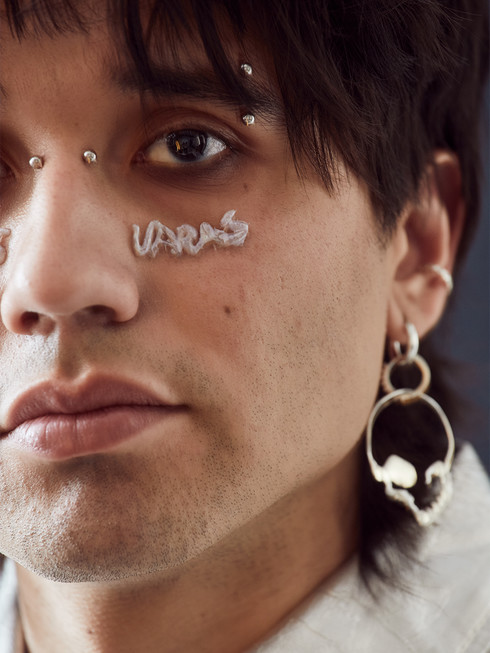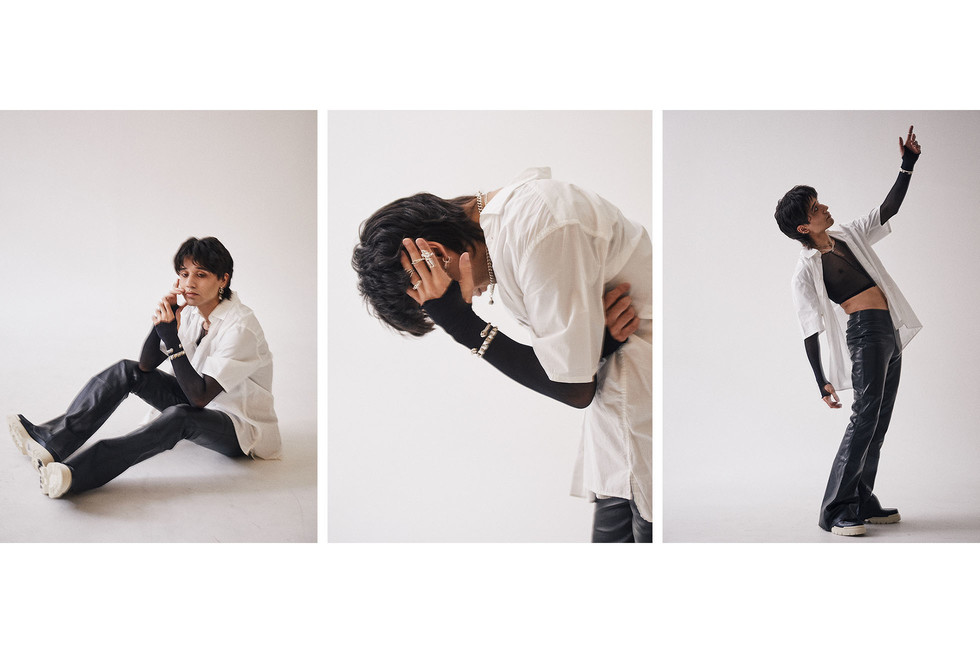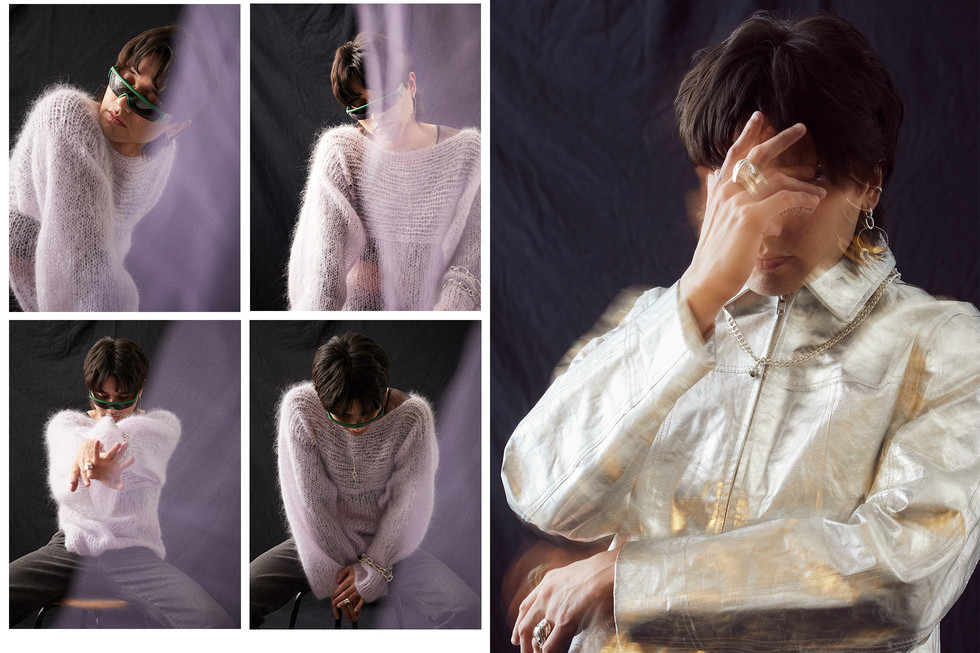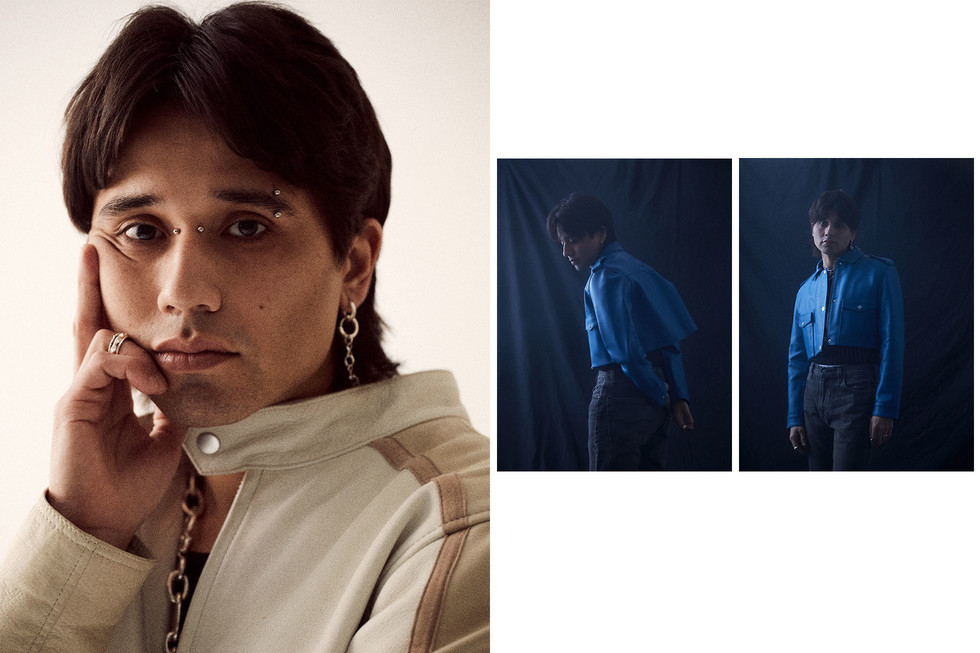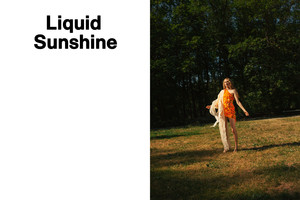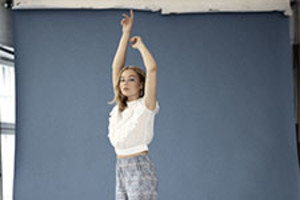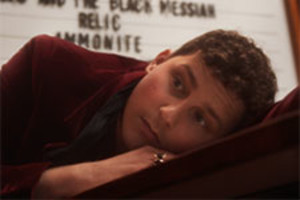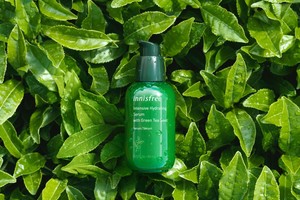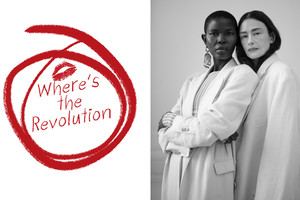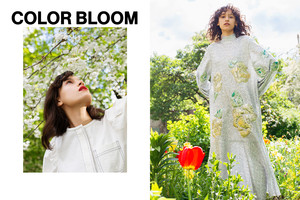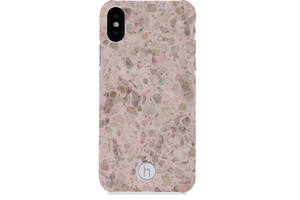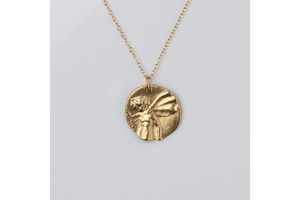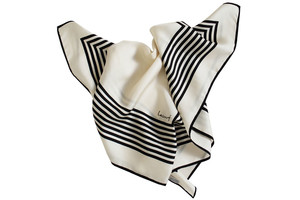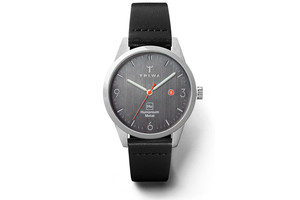Varas and the Highs and Lows of Being in Your 20s
Written by Natalia Muntean by Sandra MyhrbergAs a child and teenager, Varas aspired to the greatness of legendary artists like Queen, the Rolling Stones and David Bowie. Growing up in a small town two hours outside of Gothenburg, he was influenced by his dad being a dancer. Witnessing his dad's performances on stage got him curious about what it would feel like to take on different identities. He recalls that seeing his dad perform helped him to feel comfortable performing “and cured a little of the stage fright that you can have.”
But the moment he realised the impact music would have on his life was during a car ride when he was about 12, when“the best ballad ever,” as proclaimed by his dad, came on the radio. The song was “Stairway to Heaven” by Led Zeppelin and it ignited something within him. “We just sat there for seven, eight minutes, and listened to the whole track. That was pretty mind-blowing.” This was a significant turning point, sparking a newfound interest in guitar playing. He then spent the next couple of years immersed in YouTube tutorials, teaching himself how to play the instrument. “Stairway to Heaven” was, of course, the first song he learned to play. “I think I wouldn’t make music if there weren’t other people I liked or were inspired by,” says Varas, a moniker for Benjamin Munoz Varas.
He formed his first band at 13, an experience that lasted for a couple of years and was influential. However, it was at 19 when he delved into computer-based production, unlocking the ability to craft complete songs beyond his guitar and vocal skills. He honed his producer skills to help others create the songs they imagined. Putting his talent and skills to others’ use meant not only gaining experience - “it is rewarding to get out of my head sometimes.”
Producer, songwriter, and emerging artist, 25-year-old Varas released his second EP “There You Go!”, this spring. The creative process took over two years, with him writing and producing it. “When I make music, I aim to connect with myself on a deeper level and put out music that truly represents me,” he says. Detaching oneself from one’s own thoughts or others’ expectations can be difficult. “Sometimes I get caught up in overthinking or trying to please everyone else and I constantly have to filter out those influences,” says Varas.
Listen to the EP here.
There is Varas the music project and there's also Benjamin Munoz Varas, the person. Do you have trouble separating those two sides? Or do you not intend to separate them?
At the beginning, I think I separated them a bit more. Maybe that was because I didn't really see myself as an artist at all, and maybe I was somebody that was ashamed to do it. But it's the same person.
When did you see yourself as an artist?
Maybe during the pandemic, which is ironic, or maybe it happened because I was getting older. I always wanted to do creative things but I wasn't an artist. It felt like such a big word. And then when I decided to see myself as an artist, it became easier to work and come up with original ideas. I take pride in it.
So it was mostly a thing you did to yourself, you just decided?
Yes, I realised during the pandemic that I really wanted to do music because I wasn't feeling good when I couldn't play live or meet people. It became very clear to me that this made me feel good and I just wanted to do that. I realised what kept me happy when I didn't have it in my life.
What inspires your creative process?
Other people's work, like books or poems or songs, movies. Mostly, my inspiration comes from the outside.
What works have touched and influenced your music lately?
One book that inspired me lately is Autobiography of Red by Anne Carson. It's inspiring to me how some people can write sentences and combine words you wouldn't expect to mix. It’s the same with music - mixing a style with another style you didn't expect. It feels like there aren't any limitations.
Your music blends different genres. How do you decide which ones to incorporate into your songs? And how do you ensure they go together?
It depends on my mood and the energy I want to exert. Different genres have different attitudes and what you get out of them, so I don't really have many no-gos within genres. If it fits what I feel, I take inspiration from it.
How would you describe your sound?
It’s some kind of pop, but it's influenced by many things, mostly 70s rock, 2000s indies. And hip hop. Sometimes hip hop can feel like it's not been processed but that's intentional, and I like it when things sound raw.
Can you talk about some of your recent songs such as HELL NO, and what inspired it?
With this song it was about the feeling of being sick of being responsible, I guess and just always, always meeting deadlines and always doing your work. Which is, of course, rewarding because you get things done, but sometimes you feel like a robot, and then a year has passed and it's still the same thing. If you don't have a hamster wheel, that's all you desire. Sometimes you want to get into routines and then when you have them, you're not happy anyway, so we can never truly win, I guess. But the other songs are about being in your 20s because it feels like there are a lot of things to learn at this age. I remember at 18-19 my only goal was to have one song on Spotify. And then I thought I would be content for the rest of my life.
Tell me more about “There you go!” - why is it called that? And what inspired its creation?
The EP has five songs, it came out on March 31st, and the title is a lyric from one of the songs called Waterboy. People have different interpretations of the title. Some see it said with care, some with relief. It was inspired by similar thoughts about being in your 20s. One of the songs is about when I moved out as a teenager from my parents' house at 15. I moved to Gothenburg, two hours from where I grew up and that was a big lesson, but I'm glad I did it. I just wrote about what I learned and being naive and not afraid of anything or making mistakes. I didn’t fear making mistakes.
Do you fear making mistakes now?
If I do make mistakes now it's more crucial. I think you're more afraid now because you want to make everything right.
But what does right mean?
That's the problem and one of the themes I wrote about. And then I explored another theme in a song called Waterboy. The story is about a water boy who's sick of everyone taking him for granted. He's the one providing water, but he's taken for granted. He's threatening them that he will take the word away, but he won't do it anyway, because he's not a bad person. So he just keeps giving them water. And
Was that inspired by your own life?
I think it was inspired by how I think adult life is overall. When you're small, everything you do is cheer on. When adults work, or are a good friend or partner, many things are taken for granted. And in a way, that's good, I guess. It's obvious that you have to be a good person, but there’s a switch when you stop getting any acknowledgement when you're older. I didn't think about it when I wrote the song. But when I saw the song completed, I understood why I wrote it. I just see that everyone is working very hard, and no one's really paying attention to the hard work.
What’s your wildest dream about your career?
Maybe releasing an album that is intertwined with a book of poetry. At the moment, I only focus on music, but I would like to combine things, maybe even create a movie with the music from the album. This would probably take years, but it is something I would love to do.
What's the most played song on your Spotify list lately?
It's an alternative version of The Strokes' single “I'll try anything once.”
How do you see your music evolving in the future?
I’m still influenced by 70s rock, The Strokes. I like Pharrell, Tyler, the Creator, even though I hide it pretty well. But I think I can really make something that's its own thing in a few years. I think I want to know more about what I want to do before making my first album. Maybe more about the sounds I want to use.
What’s on the horizon for Varas?
Varas: Playing live shows would be nice and that’s the plan. Becoming better at what I do, learning a lot - this is what I plan to do this year.

